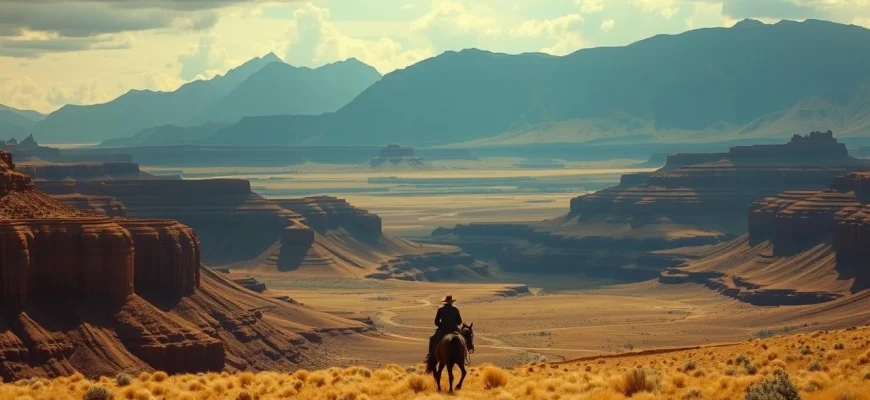If you're a fan of 'The Searchers' (1956), John Ford's iconic Western masterpiece, you're likely drawn to its gripping tale of revenge, redemption, and the rugged frontier. This article explores 10 movies and shows that capture the same spirit of adventure, moral complexity, and breathtaking landscapes. Whether you're a die-hard Western enthusiast or just discovering the genre, these recommendations will satisfy your craving for epic storytelling and unforgettable characters.
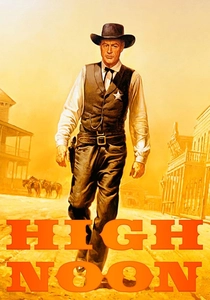
High Noon (1952)
Description: Shares with 'The Searchers' a focus on isolation and the psychological toll of violence. Both protagonists are morally conflicted and face their challenges largely alone. The real-time narrative of 'High Noon' creates a tense, claustrophobic atmosphere similar to the emotional intensity of 'The Searchers'.
Fact: The film was shot in real-time, with the story unfolding over 85 minutes. Gary Cooper won an Oscar for his performance. The film was seen as an allegory for Hollywood's blacklisting during the McCarthy era.
 Watch Now
Watch Now 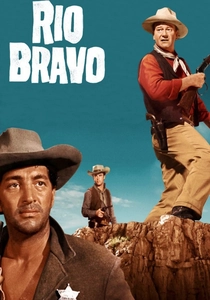
Rio Bravo (1959)
Description: Shares 'The Searchers' emphasis on camaraderie and the code of the West. Both films feature a tight-knit group facing overwhelming odds, with a strong sense of duty and honor. The leisurely pacing allows for deep character development, much like in 'The Searchers'.
Fact: Howard Hawks made the film as a response to 'High Noon', which he disliked. Dean Martin's character was written specifically for him to revive his career. The film was a major influence on later movies like 'Assault on Precinct 13'.
 Watch Now
Watch Now 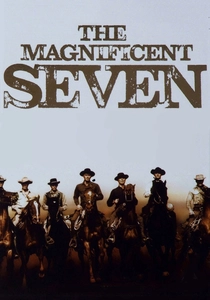
The Magnificent Seven (1960)
Description: Similar to 'The Searchers' in its exploration of frontier justice and the moral complexities of heroism. Both films feature a group of protagonists banding together to confront a common enemy, highlighting themes of loyalty and sacrifice. The visual style, with sweeping landscapes, also echoes the grandeur of 'The Searchers'.
Fact: The film is a Western adaptation of Akira Kurosawa's 'Seven Samurai'. Yul Brynner, the lead actor, insisted on wearing his signature black outfit throughout the film. The score by Elmer Bernstein is one of the most iconic in cinema history.
 Watch Now
Watch Now 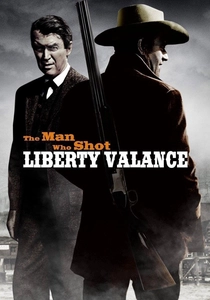
The Man Who Shot Liberty Valance (1962)
Description: Like 'The Searchers', this film deconstructs the myth of the Old West and explores themes of legend versus reality. Both films feature John Wayne in a morally ambiguous role, and the black-and-white cinematography gives a stark, timeless quality reminiscent of 'The Searchers'.
Fact: The famous line 'Print the legend' comes from this film. It was one of the last films where John Wayne and James Stewart worked together. Director John Ford used indoor sets to create a more controlled, theatrical atmosphere.
 Watch Now
Watch Now 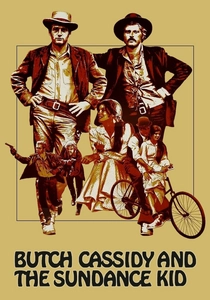
Butch Cassidy and the Sundance Kid (1969)
Description: Shares with 'The Searchers' a focus on outlaws who are both charismatic and tragic. Both films blend action with deep character studies, and the chemistry between the leads is central to the story. The theme of inevitable change in the West is prominent in both.
Fact: The script was originally offered to Paul Newman and Jack Lemmon. The bicycle scene was added because the director thought the film needed more humor. It won four Oscars, including Best Original Screenplay.
 Watch Now
Watch Now 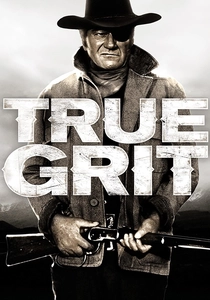
True Grit (1969)
Description: Similar to 'The Searchers' in its quest narrative and the theme of revenge. Both films feature a determined protagonist (John Wayne in both cases) seeking justice in a lawless land. The mix of adventure and moral introspection is a hallmark of both films.
Fact: John Wayne won his only Oscar for this role. The film was remade by the Coen Brothers in
 Watch Now
Watch Now 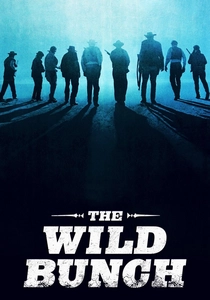
The Wild Bunch (1969)
Description: Like 'The Searchers', this film examines the end of an era and the brutality of the West. Both films feature antiheroes who are out of step with the changing world. The violent, unflinching portrayal of the West in 'The Wild Bunch' can be seen as a darker counterpart to 'The Searchers'.
Fact: The film was controversial for its graphic violence. Director Sam Peckinpah used slow-motion extensively during shootouts. The production was plagued by conflicts between Peckinpah and the studio.
 Watch Now
Watch Now 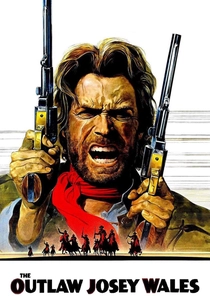
The Outlaw Josey Wales (1976)
Description: Like 'The Searchers', this film follows a loner on a quest for revenge, set against the backdrop of a changing West. Both protagonists are complex, morally ambiguous figures. The film's mix of action and introspection is similar to 'The Searchers'.
Fact: Clint Eastwood took over directing duties after the original director was fired. The film was a comeback for Eastwood after a series of flops. It's based on a novel that was inspired by real-life guerrilla fighters during the Civil War.
 Watch Now
Watch Now 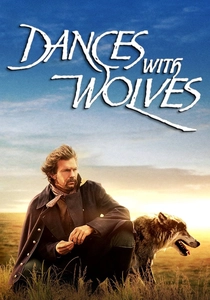
Dances with Wolves (1990)
Description: Similar to 'The Searchers' in its portrayal of the relationship between Native Americans and settlers. Both films challenge traditional Western stereotypes and offer a more nuanced view of the frontier. The epic scale and breathtaking landscapes are reminiscent of 'The Searchers'.
Fact: Kevin Costner directed and starred in the film. It was initially considered a risky project and went over budget. The film won seven Oscars, including Best Picture.
 Watch Now
Watch Now 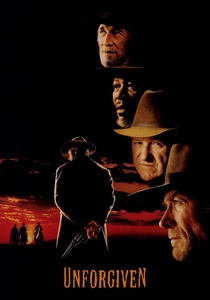
Unforgiven (1992)
Description: Like 'The Searchers', this film deconstructs the Western genre and explores the consequences of violence. Both protagonists are haunted by their pasts and grapple with their own morality. The bleak, realistic tone of 'Unforgiven' mirrors the darker aspects of 'The Searchers'.
Fact: Clint Eastwood had wanted to make the film for over a decade. Gene Hackman's performance as Little Bill won him an Oscar. The film won four Oscars, including Best Picture and Best Director.
 Watch Now
Watch Now 
